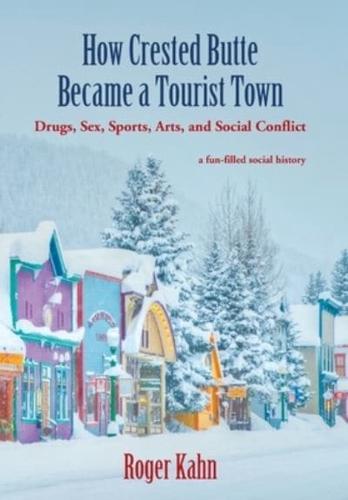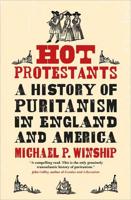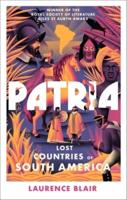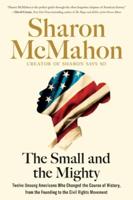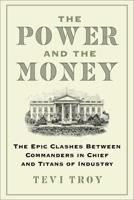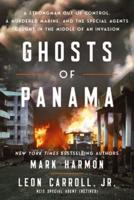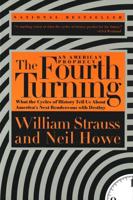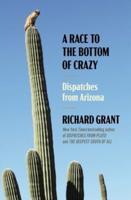Publisher's Synopsis
"How Crested Butte Became a Tourist Town," is a fun-filled social history about the evolution of a once tiny, working-class, ethnic, mining town into one of today's major destination tourist towns and recreation communities that cater to the recreation needs of both its upper-middle class visitors and residents alike. That transformation occured in the post-WWII period as our nation was moving from the industial revolution into the industrial age, and more people were "living lives of not such quiet desperation (to paraphrase Henry David Thoreau) and needed time to play and rejuvenate themselves and had more disposable income to do that.
The book focuses on the early stages of that transformation, from the late 1960's to the latter part of the '70's. the days that were the most racous, wild, and conflict ridden. That was the period when new young immigrants to the town laid the foundation for what exists today, and fought with the old-timers and among themselves in order to do that.
Advanced readers heaped praise on the work. One of them, the current mayor who has been a local elected official for almost 30 years said, "... tells the story of a town emerging from a domant cocoon ...its identity being pulled from divergent groups from old time miners to the counterculture radicals of the 60's ...[shows] how civilization is shaped by strong personalities..." Another one, the long time editor of the local newspaper commented, "a love story to ... Crested Butte ... [that] probably describes a number of ... outposts in the mountains of America ... in the 60s, 70s, and 80s."
A professor emeritus of geography at the University of New Mexico at Los Alamos wrote, "...a detailed perspective on the transformation and evolution of community ... defines the journey that many communities ... have taken, are taking, and will take ..." The executive director of the Crested Butte Heritage Museum noted, "Drawing on extensive interviews, archival research and personal experiences, Kahn vividly describes the social forces that defined [the] 1960s and 70s in Crested Butte. ... a wild time in a wild place."
Ten years in the making, this work is based on about seventy-five 2-6 hour interviews with people who were full-time residents, "locals," in the 60s and 70s, extensive and detailed readings of the two local newspapers during that era, listening and watching audio and video tapes of old-time miners, ranchers, and the new recreationists from that period, as well as other written materials about that era.
Despite the sociological and other social science content of the book, it is not written in "ologese"; it is written in plain English. Enjoy the book!
